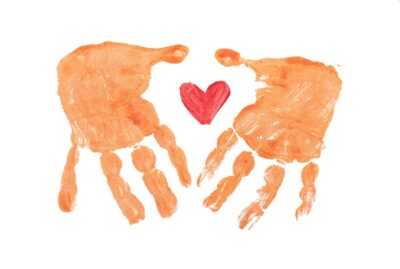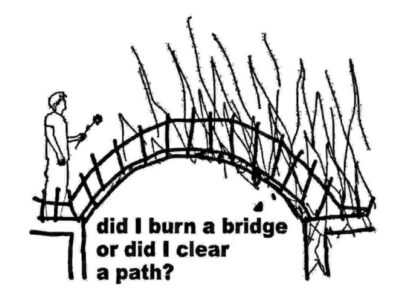At RosasChildren, we do not shy away from hard truths.We are here to protect children—not just in theory, but in practice.And that means being hones

Photo by Rod Long/Unsplash.com
At RosasChildren, we do not shy away from hard truths.
We are here to protect children—not just in theory, but in practice.
And that means being honest when patterns of harm wear new faces and use new words.
So let’s ask a question that some will find uncomfortable:
What do supporters of Female Genital Mutilation (FGM) and those promoting irreversible gender-related medical interventions on children have in common?
Different intentions? Yes.
Different languages? Absolutely.
But when you look closely—especially through the eyes of a child safety advocate—the patterns of adult power over children’s bodies are painfully familiar.
A Side-by-Side Look
| Key Concern | FGM Supporters | Gender Medicalization Supporters |
|---|---|---|
| Why They Say It’s Done | Cultural tradition, purity, honor | Identity affirmation, relief from distress |
| Consent from Children | Rarely considered—adults decide | Claimed to be child-led, but driven by adult interpretation |
| Permanence of Procedure | Irreversible harm to sexual and reproductive health | Irreversible changes—often before full maturity |
| Social Pressure | Girls must conform or face shame | Children must affirm identity early or be labeled or shunned |
| Medical Authority | In some areas, doctors help perform FGM “safely” | In many areas, doctors perform transitions as the only affirming path |
| Child’s Dissent | Dismissed or silenced | Questioning is discouraged; dissent seen as denial or harm |
| How It’s Framed | Cultural rite, protection, honor | Care, affirmation, mental health support |
| What Critics See | Abuse, control, bodily violation | Medical harm, erasure of child autonomy |
A Pattern We’ve Seen Before
At RosasChildren, we remember.
We remember when adults said (and continue to say) child marriage was “just tradition.”
We remember when forced sterilization of girls was called “preventative care.”
We remember when poor, Black, disabled, and immigrant children were experimented on in the name of science or civility.
Every time, they said:
“We’re doing what’s best. You wouldn’t understand.”
And every time, it was the children who paid the price.
So when we hear those same patterns now—no matter how they’re dressed—we raise the alarm.
Because safety is not a trend. And no belief system—medical, political, religious, or cultural—gets to override a child’s right to grow up whole.
The RosasChildren Lens: Listen Harder. Protect Better.
Could it be that the problem is not the child?
Could it be that the problem is adults who feel entitled to shape that child’s body and identity without time, safety, or consent?
We ask:
Is this truly for the child—or to ease the discomfort of adults?
Is this about safety—or compliance?
Are we allowing children space to change, question, and grow—or pushing them into choices with lifelong consequences?
We’ve heard from Survivors. We’ve seen the aftermath.
And we will not be silent while another generation of children is rebranded, reshaped, or erased.
 For Safe Adults Everywhere
For Safe Adults Everywhere
If you are a safe adult, here’s what we ask you to do:
Don’t be afraid to question. Children need thoughtful, protective people.
Don’t confuse “affirming” with “agreeing to everything.”
Teach children that their bodies are their own, and that adults who love them protect—not pressure—them.
Speak up when “care” starts to sound like coercion.
“At RosasChildren, we believe childhood is not a battleground for adult agendas. It is a sacred space for becoming.”
— RosasChildren.com
A Final Word
We know this message may not be popular in every circle. But we are not new to this.
Some of us are veteran Gen X and Boomer women’s advocates. We’ve heard the pushback, the slurs, and the accusations before. We’ve been in the room when the “experts” tried to speak over the cries of children. We’ve seen how systems twist love into control.
And yet, we’ve held the line.
We know children deserve safety, dignity, and time.
We know adults have a duty to protect—not perform.
We know that silence is not safety.
So no matter the form it takes, when harm comes wrapped in new language, we will still call it what it is.
And we will still protect the children. Always.
 For Safe Adults Everywhere
For Safe Adults Everywhere